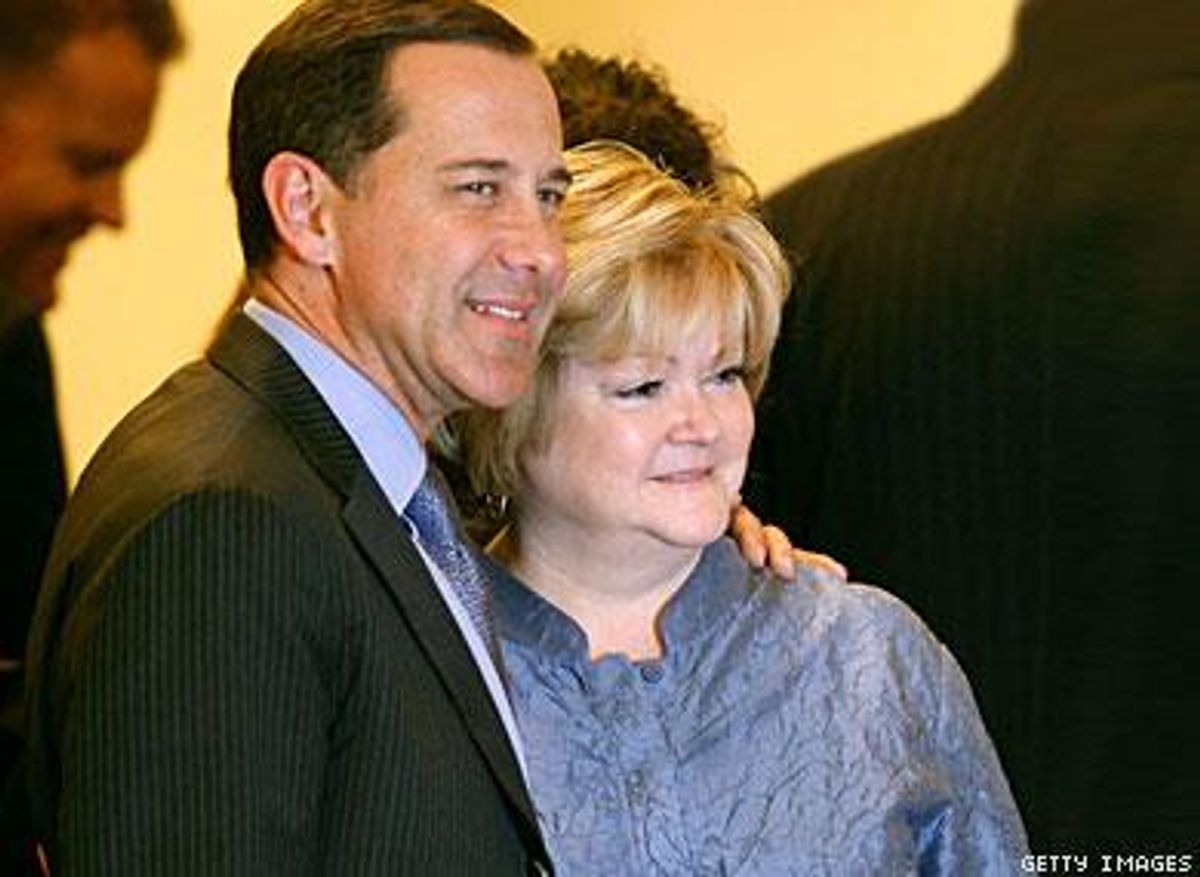Voices
Joe Solmonese We Have Work to Do

By continuing to use our site, you agree to our Private Policy and Terms of Use.

COMMENTARY: In America, we comprehend the term "civil rights" to describe what we are due by virtue of our humanity, our citizenship, and our contributions to this nation. The right to equal treatment by our government. Access to equal education. The right to obtain and keep a job based upon merit, and not upon characteristics unrelated to it.
This week the president signed the Matthew Shepard and James Byrd, Jr. Hate Crimes Prevention Act, which expands federal jurisdiction over bias-motivated violence and includes sexual orientation, gender identity, disability, and gender. This marks the first time that the lesbian, gay, bisexual, and transgender community's civil rights are explicitly protected under federal law.
After over a decade, we now have a powerful tool to secure a civil
right: the right to be safe. It is a start. But our time to celebrate
is short, because we have work to do. Our families are still strangers under federal law. Service members are discharged every day for being LGBT. We can be fired because of who we are.
The hate-crimes law shows us that for the first time, we are in a position to legislate. We can get a bill through this Congress. The public increasingly supports equality. The president will sign LGBT civil rights laws. We have a passionate, energized community -- but a community that clearly sees that this administration won't do the work for us and can't do the work for us. It is a partnership in which we have as much power to influence time lines as anyone else.
To win any of these legislative battles, we need at least 218 votes in the House and 60 in the Senate. We need hearings and we need floor votes. It's not a mysterious process, but it's a difficult one. If you've made the decision to engage in this work to secure the votes needed, you have learned firsthand that we face high hurdles in overturning "don't ask, don't tell" and the Employment Non-Discrimination Act. You know that there are senators we have to move and might have lobbied them yourself. Engaging in this way shows you the time line in a way that movement leaders or even the White House cannot. The time line is in our hands: Whether it's LGBT rights or health care, we know that Congress moves only when pushed.
Hate crimes showed us how heavy a lift it is. As the bill moved forward
and the broad-based hate-crimes coalition fought to get it across the
finish line, many people said "yeah, but isn't that the easy one?" In
fact, it wasn't easy. The right wing mobilized as they always have.
They tried every procedural maneuver and poison pill. The bill needed
to be on a larger vehicle in the Senate to protect it from being
gutted. It was difficult.
Difficult, but probably still the
easiest. And assuming that it was, that means we're in for an even
tougher ride on ENDA, DADT, and the Defense of Marriage Act.
Do we face these
challenges because we've been doing it wrong? Or is it because change
comes slowly when you have to win in Congress -- which means fighting in
Massachusetts, Mississippi, and everywhere between?
Five years
ago, a hostile White House and congressional leadership meant that we
had little hope of passing pro-LGBT legislation. As a community -- and
as an organization -- we set out to change that. It took a few years and
a couple of election cycles, but it worked. The pieces and the players
necessary for us to legislate are in place. But we still face some of
our worst enemies and a legislative process that makes change
exceedingly difficult. Look at what it takes to get to 60 on health
care. And unlike a health care bill, on DADT there is no compromising.
Bottom
line: It's still going to be hard. It's also going to take a little
longer than we thought. But the measure of who we are as a people has --
at this very moment in time -- everything to do with how we decide to
react to that reality.
Celebrate today, take stock of where we
are tomorrow, acknowledge that the time line is from now until we have
the votes, and engage. Each of us will decide how, but we must
understand that it has to be now.
Viral post saying Republicans 'have two daddies now' has MAGA hot and bothered